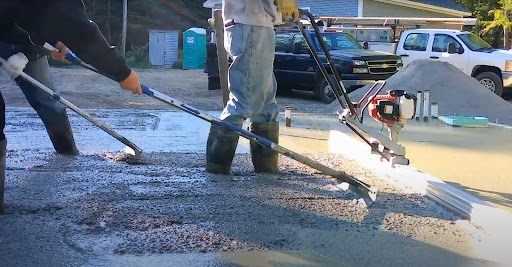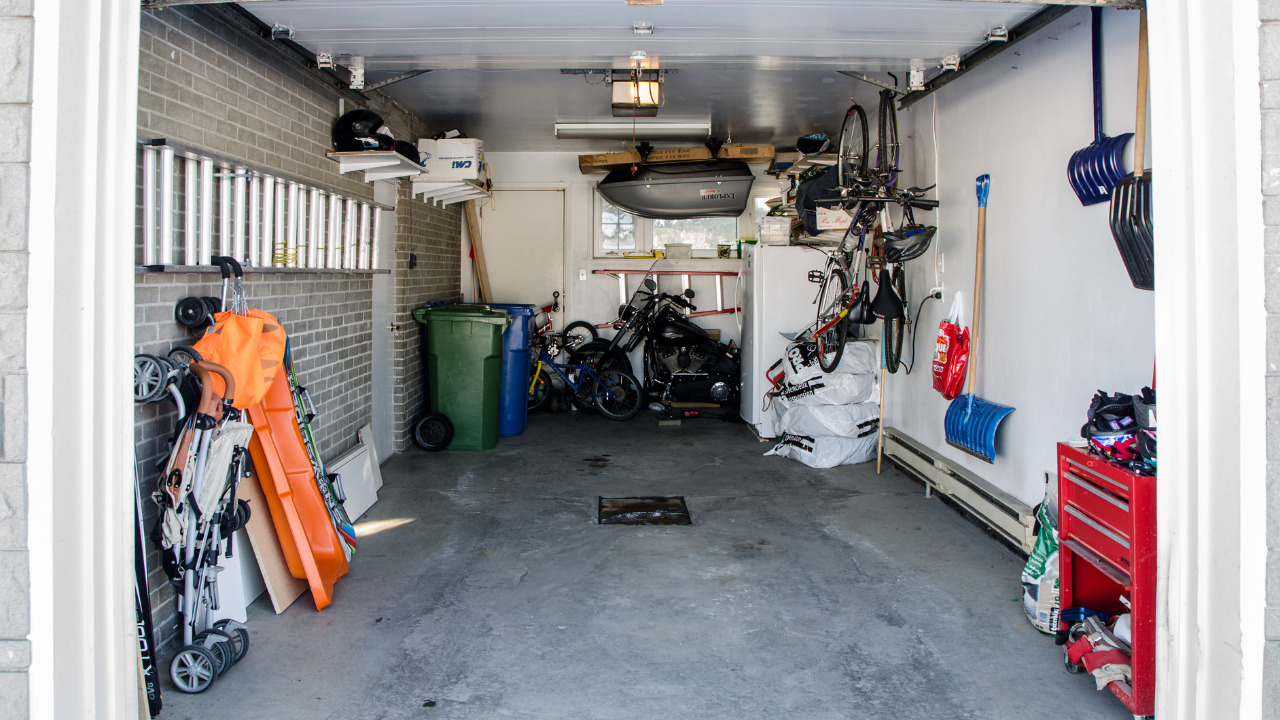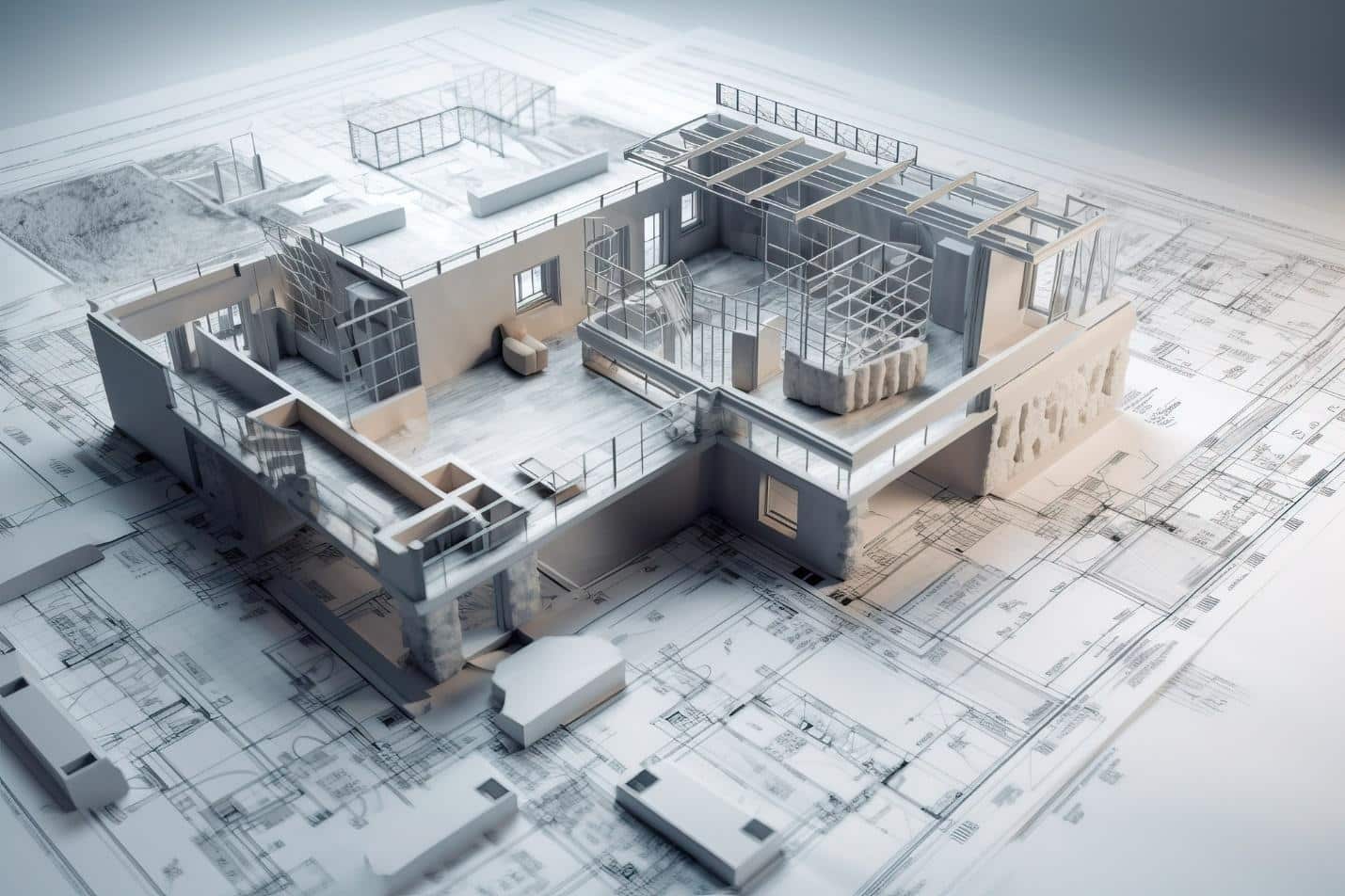For almost as long as human beings have built things, concrete has been there. it is one of the oldest building materials used. There’s evidence of primitive forms of concrete in construction projects dating back to nearly 6,500 BCE in the Middle East.
Compared to other common building materials, concrete offers a slew of advantages that make it the premier choice for construction projects of all stripes. Here are just a handful of the many benefits builders can experience when they use concrete.
Table of Contents
How Concrete is Used in Buildings?
It is excessively used in basic foundations, superstructures, floor constructions, exterior surfaces, parking structures, etc.
Moreover, it is also used for the following projects:
- Roads – The use of concrete for roads became popular after WWII. It is more cost-efficient than asphalt paving.
- Car Parks – Concrete boxes are useful in shaping rows for the parking lot.
- Tiles – successfully used for light-colored cement in home projects such as bathroom tiles.
- Doors – Concrete doors are helpful in improving the insulation within a room, also they have a sleek look.
- Basement – Concrete slabs are most commonly used to protect the flooring from any damage due to changes in temperature.
Why Concrete is Best for Construction Projects?
Durability
Because it doesn’t burn, rot, or rust, concrete is perfect for anything that is expected to stand the test of time. Building with it means structures can last up to three times as long as those made with other materials. It also resists water and wind damage, which take their toll on wood and metal.
Versatility
Unlike wood or steel, concrete can be shaped and formed extremely easily, allowing architects and builders to create practically anything they can imagine. It can even be stamped or molded to create the appearance of natural wood or brickwork without any of its inherent limitations. That’sy why it is a popular choice for commercial construction projects. It can be used in several ways like walls and foundations.
Maintenance
Thanks to its resiliency and strength, there’s very little need to do anything for concrete once it’s set. It doesn’t require regular application of coatings or sealants to protect it from the elements, and it won’t need to be repaired or restored to the degree a wood structure does. Hence, another reason why it is also a popular choice for home garages.
Cost-Effectiveness
Why use concrete in construction? Because it retains heat and stays cool much more effectively than other materials. This means concrete buildings don’t need as much energy to keep them comfortable year-round. Those energy savings mean property owners can seriously reduce their utility bills over the lifespan of their buildings.
Easy to Produce
One of the added benefits, is that concrete is available easily throughout the market. Mostly made up of cement (extracted from limestone), concrete is more cost-effective. It can be also produced with waste by-products.
Speed
Structural steel has to be fabricated off-site and then brought to the construction site before it can be erected. On the other hand, cast-in-place concrete can be poured in a fraction of the time, helping to keep projects on schedule and preventing budgetary overruns.
Safety
Concrete is fireproof, so it is safer to use in buildings compared to wood. It also emits no volatile organic compounds that can cause illness, unlike many modern wood-based construction materials. This means a structure built with concrete provides a higher degree of safety for occupants.
Concrete in construction is a staple choice for millennia, and there’s no reason to believe that will change any time soon. The benefits of concrete foundation construction and other types of projects are numerous, so think about using it when planning your next project.
Final Thoughts
Concrete formulations are continuously advancing thanks to technological evolution. Now builders have more options to use aesthetically appealing concrete for buildings! The benefits of using concrete are undeniable, therefore with time, the use of concrete will only increase.





